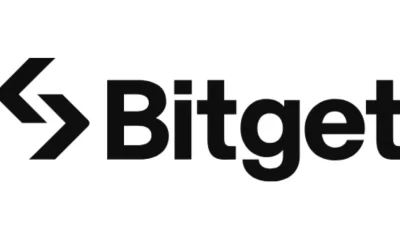News
Solana Cypher Developer Embroiled in Gambling Scandal
A developer associated with Solana’s Cypher protocol has become embroiled in a gambling scandal, raising concerns about the integrity and reputation of the Solana blockchain ecosystem. The scandal has sparked debates about the potential risks of decentralized finance (DeFi) platforms and the need for greater transparency and accountability in the cryptocurrency industry.
-

 Business4 days ago
Business4 days agoCoinbase Derivatives lists XRP futures
-

 Business3 days ago
Business3 days agoBinance tightens South African compliance rules for crypto transfers
-

 Business3 days ago
Business3 days agoEthereum bounces back as market dominance recovers from all-time low
-

 Business3 days ago
Business3 days agoXRP Ledger Foundation spots ‘crypto stealing backdoor’ in code library
-

 Business5 days ago
Business5 days agoBitget detects irregularity in VOXEL-USDT futures, rolls back accounts
-

 Business1 week ago
Business1 week agoBinance helps countries with Bitcoin reserves, crypto policies, says CEO
-

 Business4 days ago
Business4 days agoEl Salvador works with Nvidia to develop sovereign AI infrastructure
-

 Business3 days ago
Business3 days agoSEC says it won’t re-file fraud case against Hex’s Richard Heart


















